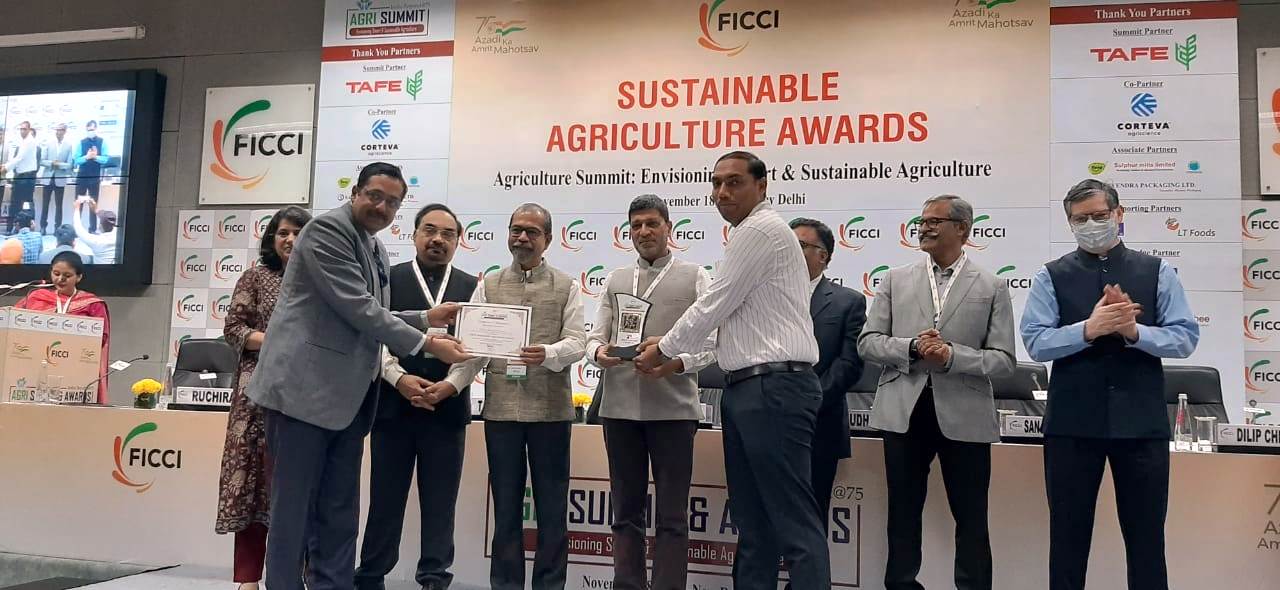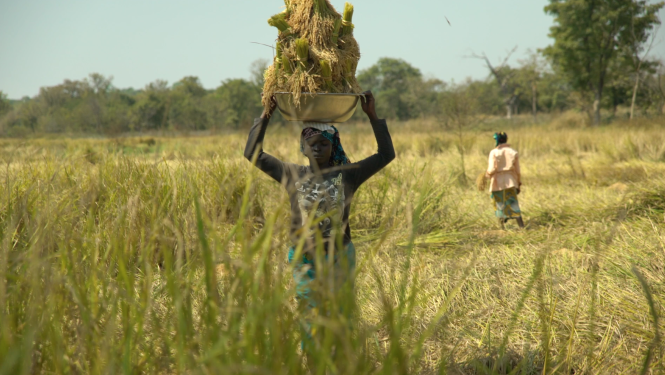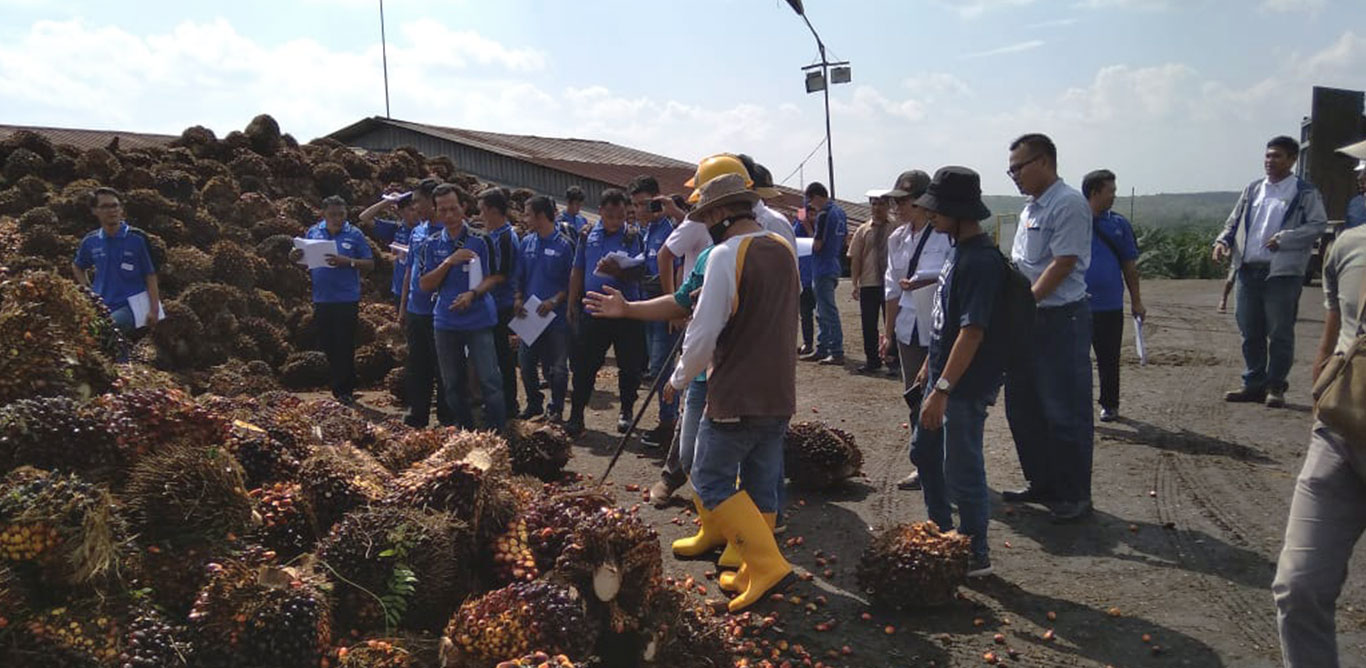Our work
Run in partnership with The Energy & Resources Institute (TERI), the Foundation’s project aimed to improve food security and income generation, encourage efficient use of natural resources and create the conditions for local community empowerment. Training provided to farmers, the use of higher quality seeds, and greater awareness of the benefits of conserving seeds for replanting, are contributing to harvests with higher nutritional value and better soil productivity. Meanwhile, the sale of a portion of the seeds at local markets creates the conditions for additional income generation. Aiming also to promote sustainable agriculture, water harvest solutions were implemented to improve access to water and soil irrigation, and solar greenhouses were built to reduce the carbon footprint and facilitate autonomous production.
Key impacts
The program encouraged farmers to increase the proportion of land dedicated to traditional crops such as millet. Areas dedicated to highly nutritious crops increased by 30%, and monitoring shows that malnutrition and under-nourishment have decreased significantly among vulnerable groups. The program also allowed for more efficient use of seeds – for reseed, self-consumption and resale – generating additional income. Finally, the program allowed for better access to water for 100 farmers, who were supplied with roof-top rainwater harvesting kits and tanks, with the added benefit of reduced surface flow of water, which led to increased soil fertility.
About our partners
The Energy and Resources Institute (TERI), an Indian not-for-profit organization, provides research, consultancy and implementation services in the fields of environment, climate change and sustainability. TERI’s mission is to drive solutions for a sustainable future through the conservation and efficient use of natural resources and innovative waste management.
Project Duration
2013 to 2017
Thanks to this project, people have learned to save their traditional crops and also about the protein and vitamin content of crops. The project also helped us conserve rainwater. We received tanks for rainwater harvesting, and we can use this water that would otherwise have been wasted for the irrigation of our crops. As a result, we produce more and make more money.
Kamlesh Singh Mehta Village Kafli, Uttarakhand, India




